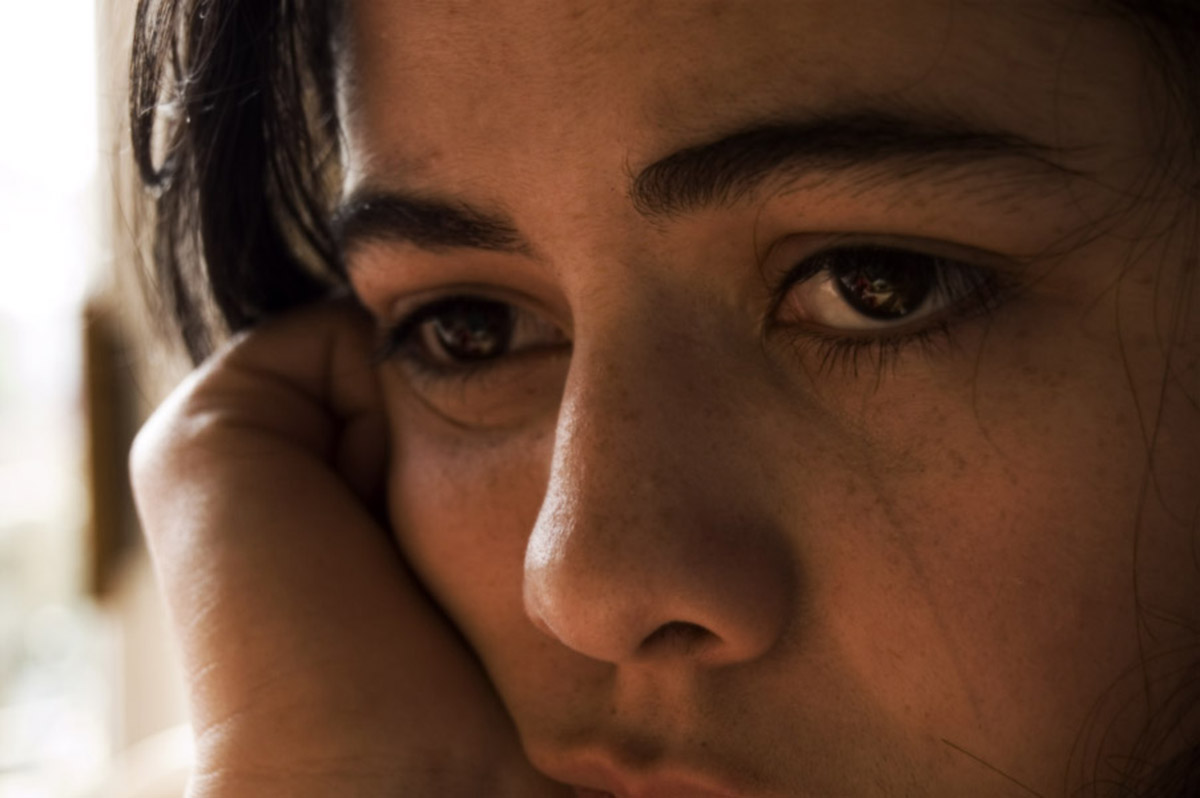Table of Contents
Grief is, for such a universal human experience, extremely taboo. "After my husband died," Ari shares, "I really started to see my friends and relatives in a new light. I could divide them into three basic categories: there were the ones who were so afraid of me they stopped coming round, those who felt compelled to make cliche comments, and then, then there were the few people who were really there for me."

Cliche comments? "Oh, there were lots," Ari answers. "You're still young. You can find someone else. At least you have kids. Maybe it's for the best, he's not suffering any more now. And yes, then there was: oh, you're still not over that? That was a year after he passed away."
"We had excitedly told our two older kids about their new brother for months, and then we left the hospital without a baby," Janine told SteadyHealth. "Instead of celebrating, we had a funeral. And I felt I had to be there, to be strong, for my other kids. I said the baby had gone to Heaven to be with God, and because I didn't want to upset my other kids, I hid my grief to the point even I couldn't feel it. That's seven years ago now, and I'm just really starting to feel the pain now. I've finally sought therapy, because I dealt with my grief by pretending it didn't exist and that left its mark."
The Stages Of Grief
You may have come across "the stages of grief" before. This is also called the Kübler-Ross model, or alternatively known by the acronym of the stages — DABDA — and it was developed by Swiss psychologist Elisabeth Kübler-Ross in the 1960s. The stages of grief are as follows:
- Denial: You can't emotionally grasp that your loved one is gone forever, or you can't experience feelings of pain that accompany the loss. This initial stage actually helps many who just lost someone close to them deal with funeral arrangments and the aftermath of the person's death.
- Anger: Denial wears off, and other feelings take its place: "Why?", "No!", "This is so unfair!"
- Bargaining: This stage involves thinking about what could have been done to prevent the loss.
- Depression: 'Nuff said, really. Losing a loved one sucks, and it can make you depressed.
- Acceptance: You may notice you're having good days again, days during which the world isn't all that bad. You may even be thinking about the future again.
If you're grieving, this is your grieving process. While nobody gets to tell you how you should feel and when, and you shouldn't try to make yourself feel a certain way either, there are health and unhealthy ways to deal with grief. On the next page, we'll look at both.
- Photo courtesy of JoePenna via Flickr: www.flickr.com/photos/pennajoe/2539202649
- Photo courtesy of Helga Weber via Flickr: www.flickr.com/photos/helga/4723657763

